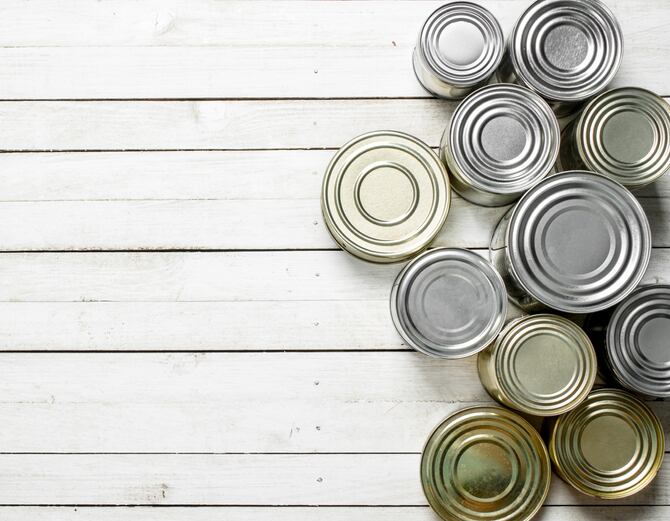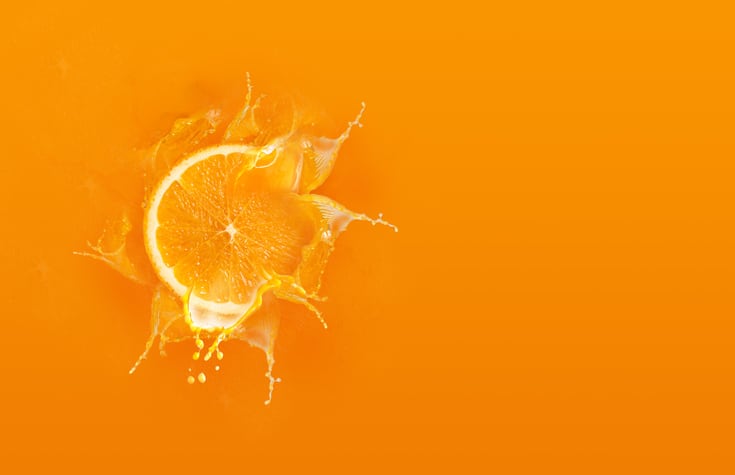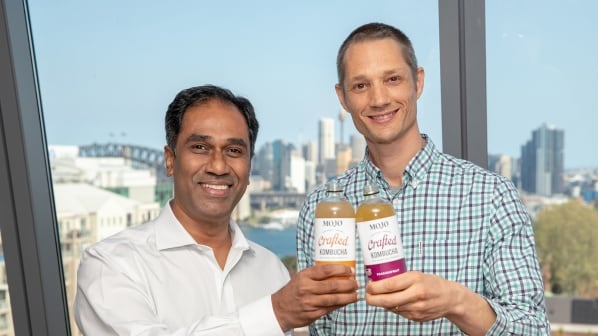Coca-Cola Amatil has capped another modest year by finally revealing plans to sell off its iconic processed fruit and vegetable business after years of investment that has yielded next to no profit.
The antipodean soft drinks bottler has spent a fortune on Victorian cannery SPC since it acquired it in 2005 for $700m (US$506m), including debt. In the last four years alone, CCA has invested A$78m in a deal with the state government to keep SPC afloat.
The announcement comes less than a month after CCA decided to halt the sale of IXL jam and Taylor’s marinades to Kyabram Conserves. It is expected to include these brands as part of the SPC sale.
Baked beans: a hot potato
A beloved Australian brand, struggling SPC’s long demise is as much a political issue as it is industrial. It employs around 220 full-time workers in Shepparton, and another 1,100 people during the picking season, mostly around the Goulburn Valley in northern Victoria where it is a major produce buyer from local farms. The company is seen as being vital to the local rural economy.
Yet CCA could not have realised it was buying such a hot potato 13 years ago, back when it was profitable.
SPC is the claimed market leader in packaged tomatoes and fruit and comes in second in baked beans and spaghetti, with brands including SPC, Ardmona and Goulburn Valley. It also owns Australia’s top nutritional supplements brand with Provital. But despite this popularity its financials have been getting gradually weaker.
Though CCA no longer breaks down SPC’s figures, it is thought revenues have plummeted from nearly A$500m in 2005 to around A$200m today. And despite some A$250m of capital investments over the years, the business is believed to have posted losses over most of the last decade.
It is telling that managing director Alison Watkins spun the decision to sell SPC by saying it would allow the company to "sharpen its focus as a beverages powerhouse”. It looks clear that CCA is now content to play to its strength, namely beverages.
Challenges for Coca-Cola Amatil
As it currently enters into a second year of transition, Watkins told an investor day in Sydney last month that 2018 earnings would be knocked by weaker sales volumes in Australia, soft demand in Indonesia and the impact of container deposit schemes which have forced the company to raise prices in several states and Canberra. SPC losses will also have an impact, as is the likelihood CCA will write down about A$50m on one-off costs.
The company has work to do. On top of the global staple of declining sweetened drink sales, CCA’s premium Mount Franiklin water business has been hit by the proliferation of private label water that has been undercutting it and crowding it out from supermarket shelves.
Also at supermarkets, CCA has been complaining about the deflationary nature of cutthroat Australian retailers, which makes it difficult for the company to recover lost volumes and increase costs.
Then there is the container deposit schemes in New South Wales, Queensland, Western Australia and the ACT, which CCA admits will continue to affect near-term earnings.
Despite its proximity, fast growing economy and enormous upwardly mobile population, Indonesia continues to be a headache for the company. Macroeconomic conditions that have been weaker than expected, coupled overly optimistic expectations for consumer spending on beverages, have contributed to a value decline of 1% and a volume decline of 2% in the country. To this end, CCA has acknowledged it needs to improve greater brand awareness in its northern neighbour.
New horizons... Lion Dairy & Drinks?
At the Sydney investors meeting, CCA’s new managing director for Australian beverages said he was optimistic about prospects, however, pointing to the fact the non-alcoholic beverages category was still growing at 2-3% a year. But he said CCA needed to refocus its priorities towards growth.
Peter West, a former Lion Dairy & Drinks managing director, said CCA must shift more of its customer service from online platforms to on-the-ground sales teams, and would budget an additional A$10m to do so next year.
He also said the company must make its range simpler for customers who typically take just several seconds to choose their beverage at a store.
The company must also concentrate on growth categories like energy drinks and flavoured milk and smoothies, increase marketing efforts for what he called “sleeping beauties and blockbuster” lines and introduce more enhanced and premium options.
Yet the big possibility for CCA in 2019 has not yet been confirmed or denied, and will face steep competition. Industry watchers believe there is a chance that proceeds from the sale of SPC will be used to help fund the acquisition of parts of Lion Dairy & Drinks.
The company behind the Pura and Dairy Farmers milk brands was put on the market in October following a strategic view of the business by Japanese owner Kirin.
It is widely believed that CCA would be interested in a deal, though it has indicated it has no interest in being involved in commodity white milk. While it is possible CCA will place a bid, there numerous other parties are believed to be assessing the opportunity, meaning there will be no guarantee of CCA’s success in obtaining parts of the business.
Without the shackles of SPA — and perhaps even using money it can recoup from the sale of the business to invest in new business areas — CCA has the opportunity to be a little more nimble in the next year of its transition period. But its fleetness of foot has been lagging over the last decade, and its growth targets, while modest, are still not assured.
Analysts believe that Peter West will be the key player in driving the beverages business forwards. Perhaps his past job experience will help provide the impetus CCA needs to charge forward—if it can only tease a deal out of Lion.




